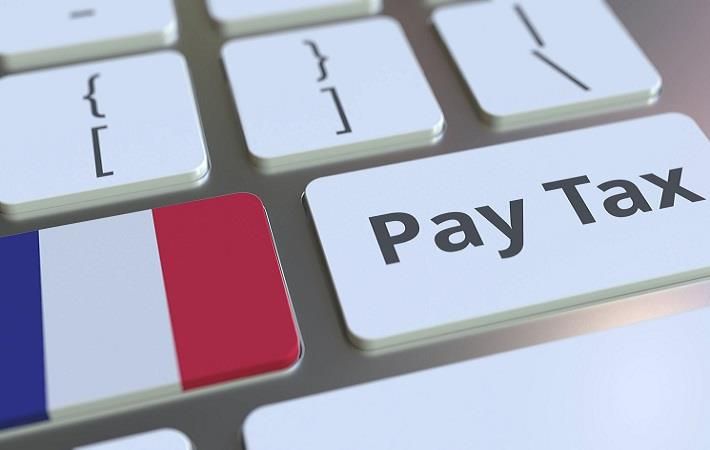The United States and France recently agreed in Biarritz to a deal to end a standoff over a French tax on big Internet firms. The compromise between French finance minister Bruno Le Maire, US treasury secretary Steven Mnuchin and White House economic adviser Larry Kudlow reportedly defused the threat of a potential trade conflict between the two countries.
As per the agreement terms, France will repay firms the difference between the French tax and whatever taxes come from a planned mechanism being drawn up by the Organisation for Economic Cooperation and Development (OECD), according to global newswires.The United States and France recently agreed in Biarritz to a deal to end a standoff over a French tax on big Internet firms. The compromise between French finance minister Bruno Le Maire, US treasury secretary Steven Mnuchin and White House economic adviser Larry Kudlow reportedly defused the threat of a potential trade conflict between the two countries.#
Last month, France approved a 3 per cent levy on revenue from digital services earned by firms with more than €25 million ($27.86 million) in French revenue and €750 million ($830 million) worldwide. US officials have been complaining that it unfairly targets US firms like Facebook, Google and Amazon.
US President Donald Trump, who had earlier criticised French President Emmanuel Macron’s ‘foolishness’ for pursuing the French levy and threatened to tax French wines in retaliation, declined to say whether his threat was off the table as a result.
“We’ve done a lot a work ... we have a deal to overcome the difficulties between us,” Macron told a news conference alongside Trump at the end of a G7 summit in France.
The French leader pushed hard in 2018 for a digital tax to cover EU member states, but met resistance from some other countries.
The OECD plan also seeks to ensure that multinational firms pay a minimum level of tax, thereby discouraging them from shifting profits to countries with lower levels of taxation. (DS)
Fibre2Fashion News Desk – India
